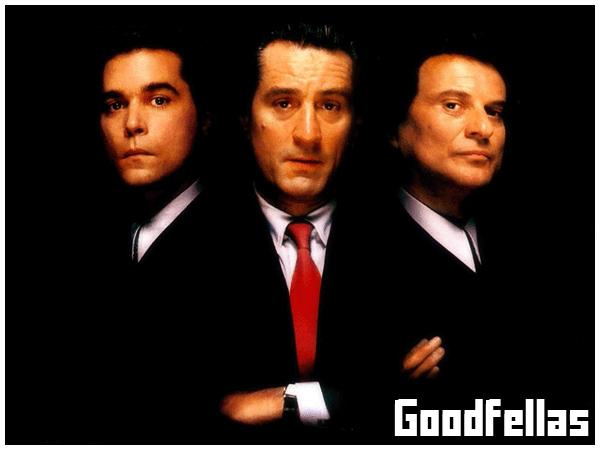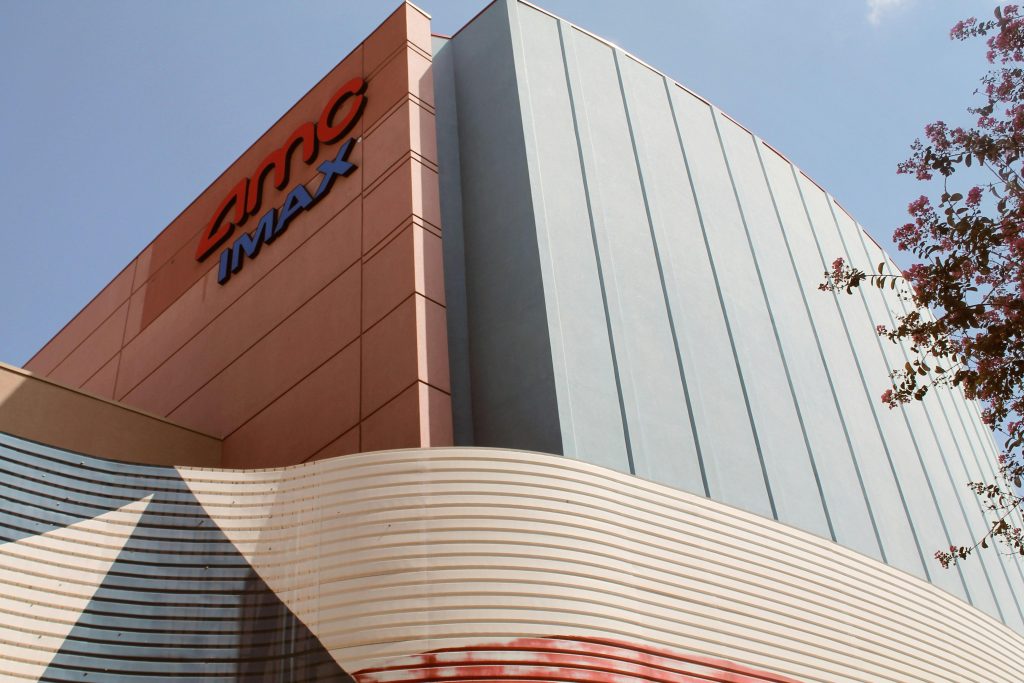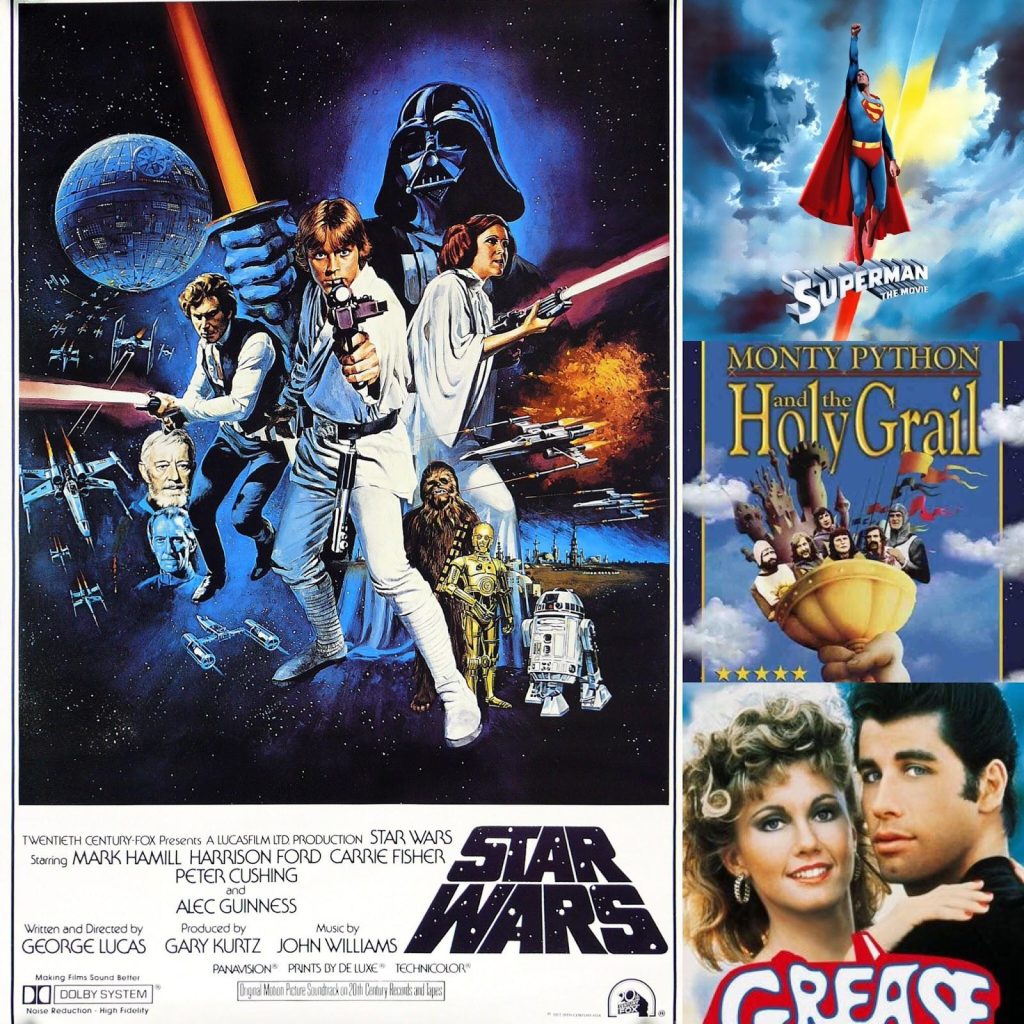In the sprawling landscape of cinematic history, few films have cast as long and influential a shadow as Metropolis Compete with Modern Cinema”>Fritz Lang‘s “Metropolis.” Released in 1927, this silent sci-fi masterpiece emerged from the creative crucible of Weimar Germany, a time and place teetering on the brink of monumental change. “Metropolis” is not just a film; it is a visionary tapestry woven with themes of industrialization, social stratification, and the eternal struggle between man and machine. Its iconic imagery and pioneering special effects have seeped into the collective consciousness, inspiring countless filmmakers, artists, and thinkers across generations. As we delve into the labyrinthine corridors of this groundbreaking work, we uncover not only the origins of its enduring legacy but also the timeless questions it continues to pose about the future of humanity.
Visionary Filmmaking Techniques and Their Enduring Influence
Fritz Lang’s “Metropolis” stands as a monumental achievement in the realm of silent cinema, pioneering techniques that continue to reverberate through the corridors of film history. The film’s innovative use of miniatures and scale models set a benchmark for creating expansive cityscapes, a technique that would later be embraced by filmmakers like Ridley Scott in “Blade Runner.” Lang’s meticulous attention to detail and the intricate layering of visual elements demonstrated a level of craftsmanship that was unprecedented for its time.
- Expressionist Visuals: The film’s bold, geometric architecture and dramatic lighting influenced the visual language of future science fiction films.
- Special Effects: Lang’s use of the “Schüfftan process” allowed for seamless integration of live-action with miniature sets, a precursor to modern-day CGI.
- Thematic Depth: The exploration of class struggle and technological dystopia laid the groundwork for narratives in films like “The Matrix” and “Inception.”
The legacy of “Metropolis” is not merely confined to its visual flair but extends to its profound thematic exploration. The film’s depiction of a stratified society driven by industrialization and technology has inspired countless storytellers to examine the intersection of humanity and machine. Its influence is palpable in the work of directors who strive to balance grand spectacle with poignant social commentary.

Exploring the Thematic Depths of Metropolis
Fritz Lang’s Metropolis, a cornerstone of silent cinema, delves into a labyrinth of themes that continue to resonate in modern storytelling. At its core, the film presents a dichotomy between the working class and the elite, set against the backdrop of a sprawling, dystopian cityscape. This visual and thematic contrast is not just a spectacle but a profound commentary on the socio-economic disparities that were as relevant in the 1920s as they are today. The film’s portrayal of the oppressive, mechanical world versus the yearning for human connection creates a tension that invites viewers to reflect on the balance between technological advancement and humanity.
Key themes explored in this visionary work include:
- Class Struggle: The stark division between the laborers and the ruling class serves as a powerful allegory for societal hierarchies.
- Technology vs. Humanity: The omnipresence of machines questions the impact of industrialization on human values and relationships.
- Rebellion and Reconciliation: The narrative arc suggests a hopeful resolution, advocating for understanding and unity amidst division.
The film’s silent yet eloquent exploration of these themes has inspired countless sci-fi narratives, offering a timeless critique that challenges audiences to examine the world around them.

The Art of Silent Storytelling in Metropolis
In the heart of Fritz Lang’s visionary film, storytelling transcends spoken dialogue, weaving a rich tapestry of emotion and narrative through visual spectacle and meticulous detail. Metropolis leverages the power of silent cinema to craft a universe where every glance, gesture, and shadow contributes to the unfolding drama. The film’s artful use of imagery creates a profound resonance that speaks volumes beyond the absence of sound, inviting audiences to explore the depths of its dystopian vision.
- Visual Symbolism: Through intricate set designs and costumes, the film juxtaposes opulence with oppression, illustrating the stark divide between classes.
- Expressive Performances: Actors convey complex emotions and motivations through exaggerated movements and facial expressions, transforming silence into a powerful narrative tool.
- Cinematic Techniques: Innovative camera angles, lighting, and editing techniques are employed to evoke a sense of scale and urgency, enhancing the storytelling experience.
The absence of spoken words challenges viewers to engage with the film on a deeper level, interpreting the rich layers of meaning embedded in its visual language. Metropolis not only captivates with its striking aesthetics but also inspires a legacy of filmmakers to harness the silent art of storytelling, proving that sometimes, the loudest tales are told without a single word spoken.

Recommendations for Modern Sci-Fi Enthusiasts Inspired by Metropolis
For those captivated by the dystopian allure of Fritz Lang’s Metropolis, modern sci-fi offers a plethora of narratives that echo its visionary themes. These recommendations not only capture the essence of Lang’s silent masterpiece but also push the boundaries of speculative fiction in unique ways. Dive into these cinematic and literary experiences that blend social commentary with futuristic landscapes.
- Blade Runner: Ridley Scott’s iconic film, known for its stunning visual effects and philosophical depth, is a natural successor to Metropolis. It explores themes of identity, humanity, and the consequences of unchecked technological advancement.
- The Windup Girl by Paolo Bacigalupi: This novel paints a vivid picture of a future ravaged by climate change and genetic manipulation. Its intricate world-building and socio-political undertones resonate with the layered complexities of Lang’s work.
- Altered Carbon by Richard K. Morgan: This cyberpunk novel delves into the implications of consciousness transfer and immortality. The gritty, noir-esque setting and existential questions make it a compelling read for fans of Metropolis.
- Ex Machina: Alex Garland’s film is a thought-provoking exploration of artificial intelligence and ethics. Its minimalist approach and tense narrative create a modern-day reflection of the man-versus-machine conflict central to Lang’s vision.









